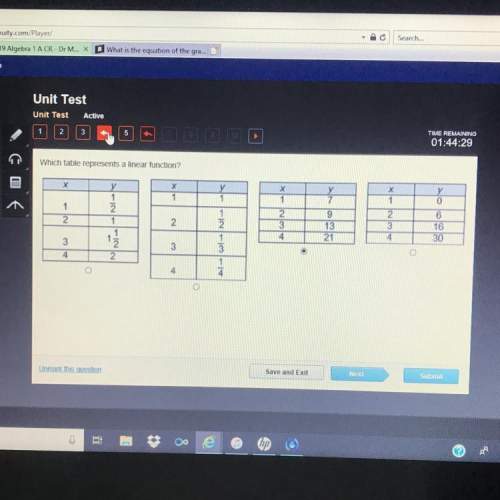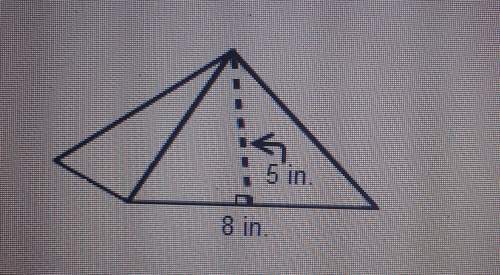Find Pn Q, given the following sets:
P = {b, d, f, g)
Q = {a, b, c, d]
R = {c, e, f, g}...

Mathematics, 23.02.2021 02:30 nakin45
Find Pn Q, given the following sets:
P = {b, d, f, g)
Q = {a, b, c, d]
R = {c, e, f, g}
S = {a, d, g}

Answers: 3


Other questions on the subject: Mathematics

Mathematics, 21.06.2019 12:30, Bra1nPowers
If a(0,0,0) and b(2,2,2) are points in coordinate space, how many paths are there from a to b that move from one lattice point to another in the positive x-,y- or z- direction?
Answers: 2

Mathematics, 21.06.2019 16:30, chmereaustin1
An empty bucket is placed under a faucet dripping at a constant rate of 4 milliliters per minute. with the given information, which of these statements is a reasonable conclusion? a there will be 24 milliliters of water in the bucket after 16 hour. b there will be 60 milliliters of water in the bucket after 14 hour. c there will be 160 milliliters of water in the bucket after 20 minutes. d there will be 100 milliliters of water in the bucket after 40 minutes.
Answers: 1

Mathematics, 21.06.2019 18:00, peytondavis2424
Plz determine whether the polynomial is a difference of squares and if it is, factor it. y2 – 196 is a difference of squares: (y + 14)2 is a difference of squares: (y – 14)2 is a difference of squares: (y + 14)(y – 14) is not a difference of squares
Answers: 1
You know the right answer?
Questions in other subjects:

Mathematics, 11.02.2021 04:40



Mathematics, 11.02.2021 04:40






Arts, 11.02.2021 04:40





